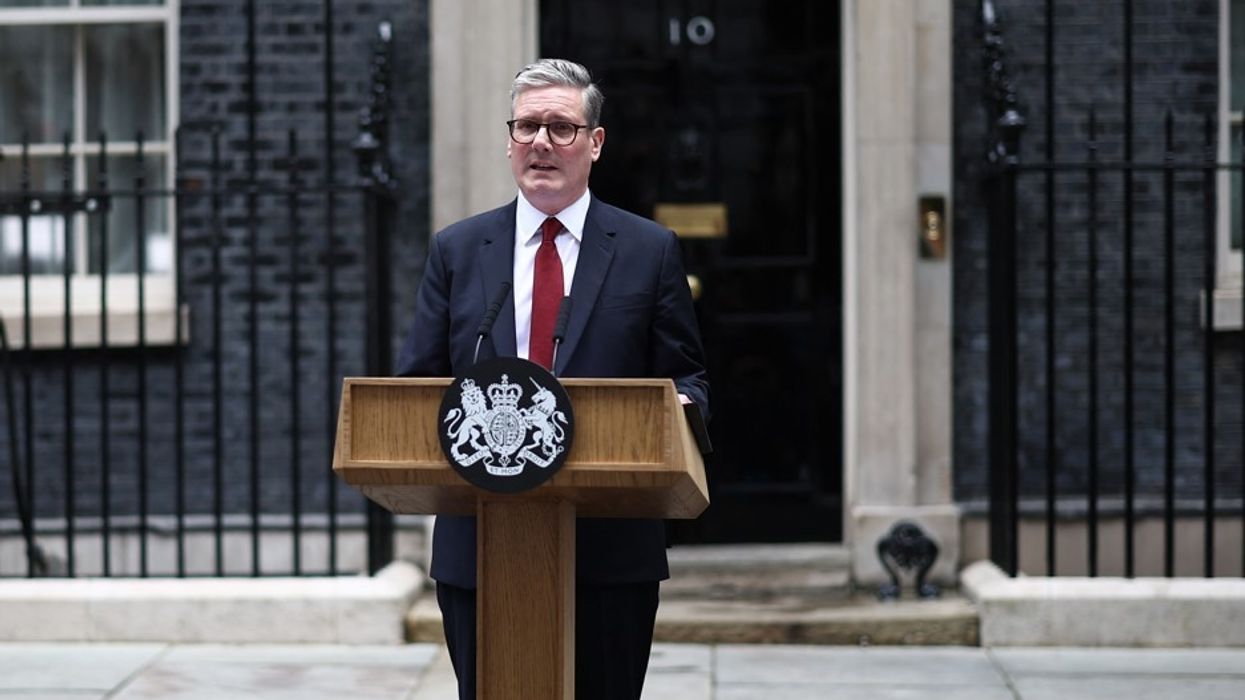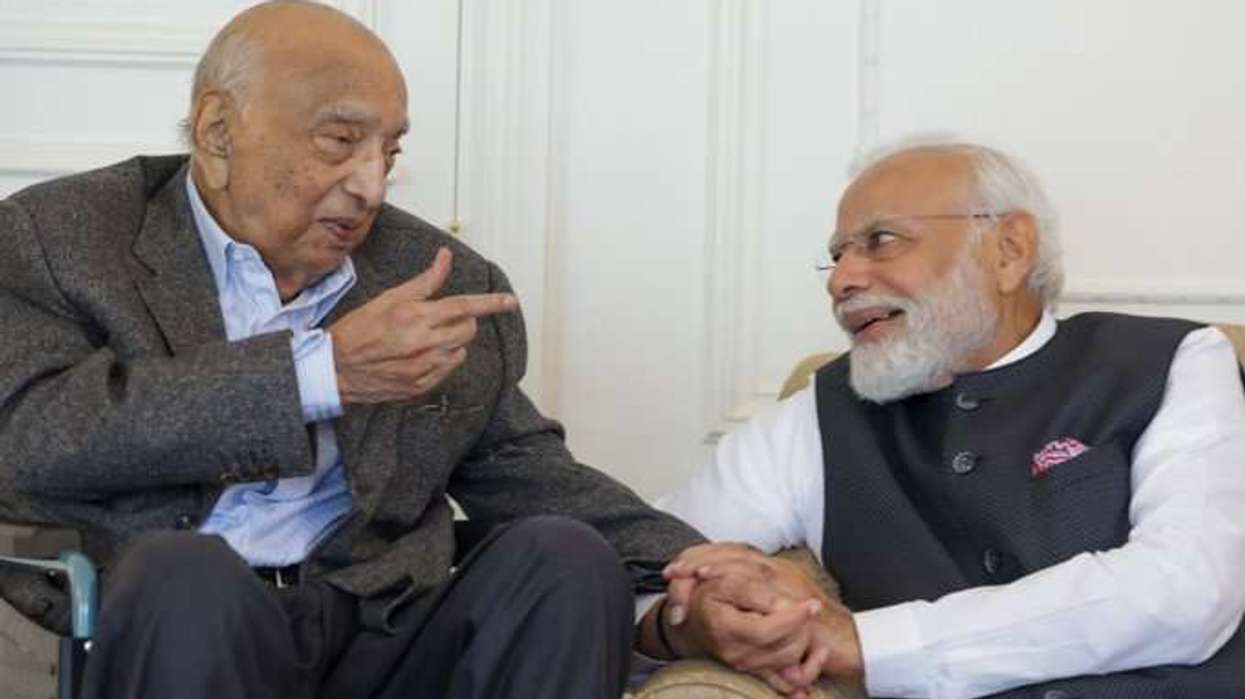PRIME MINISTER Keir Starmer has described the rising cost of sickness and disability benefits as "devastating" for public finances, following the government's announcement of major welfare reforms.
The changes, introduced on Tuesday, aim to save £5bn annually by 2030 while encouraging employment and protecting those unable to work.
Writing in The Times, Starmer said the current system was "actively incentivising" people away from work and represented an "affront to the values of our country." He said it was "not just unfair to taxpayers" but also led to "a bad long-term outcome for many of those people."
The reforms will tighten eligibility for disability payments, affecting hundreds of thousands of people. Those with less severe conditions will find it harder to claim personal independence payment (PIP).
The Resolution Foundation estimates that more than one million people could lose access to this benefit.
The government will also increase reassessments for financial support, except for individuals with the most severe conditions. A new "right to try" guarantee will allow people to attempt working without losing benefits if it does not work out.
Critics, including Labour backbenchers, unions, and charities, argue the changes could push more disabled people into poverty.
The Disability Benefits Consortium called the cuts "immoral and devastating," while the SNP said they would "harm the most vulnerable."
The Conservatives said the reforms were "too little, too late" and should have been "tougher." Shadow work and pensions secretary Helen Whately questioned why the government aimed to save £5bn when health and disability benefits spending is projected to exceed £100bn by 2029/30.
Speaking to the BBC, work and pensions secretary Liz Kendall defended the measures, calling them necessary for long-term sustainability.
Spending on health and disability benefits is expected to rise from £65bn to £100bn by 2029.





